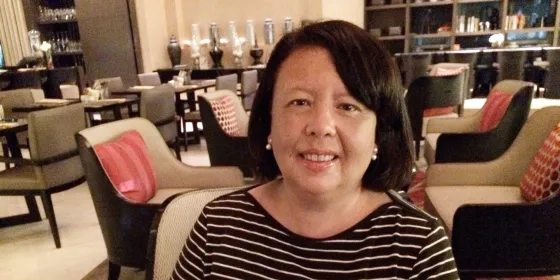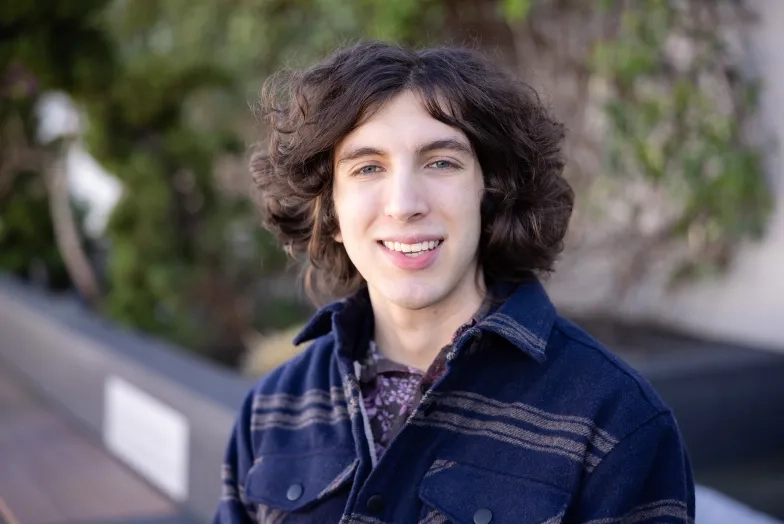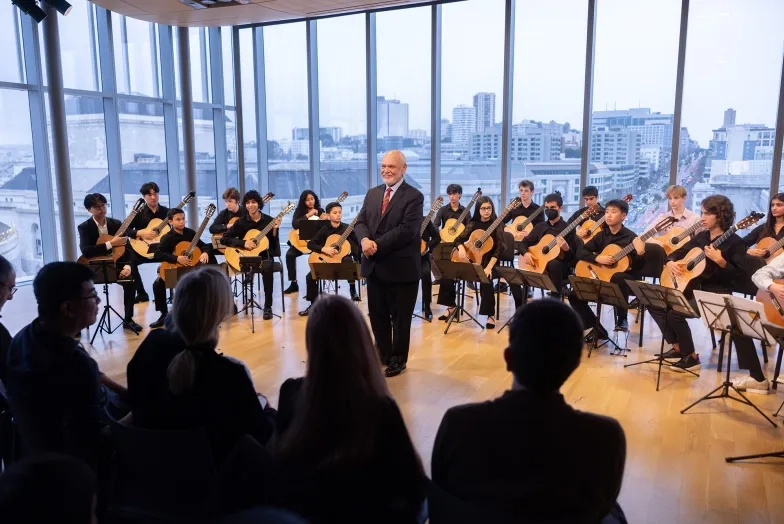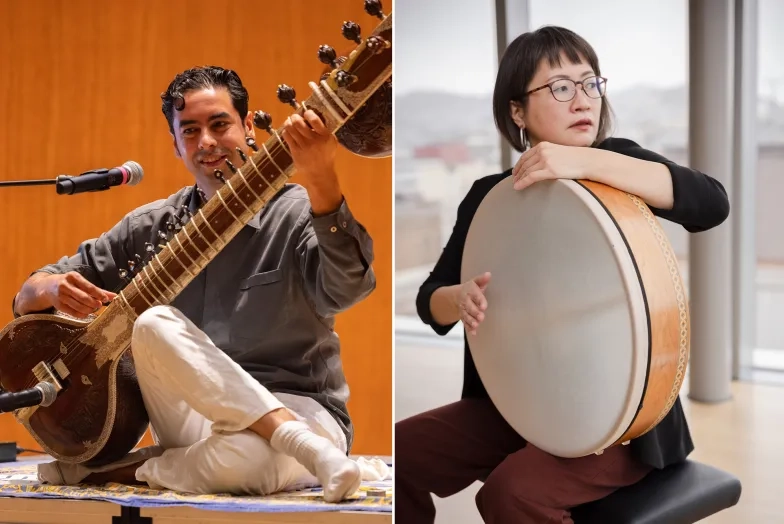Alumna Tackles Global Epidemic through Music Education in Thailand
Music is known to bridge divides, promote dialogue, and comment on the salient issues in our cultural zeitgeist. It is a universal language that speaks to our most visceral sensibilities. Alumna Vibeka Lyman ’17 believes it can rescue the most vulnerable and heal the deeply damaged, and it just might be the antidote to one of Thailand’s most difficult-to-tackle epidemics—the enslavement of children in Thailand’s sex industry.
Lyman, a historical performance major studying under Corey Jamason who earned her professional studies diploma at SFCM earlier this year, is all too familiar with the injustices endured by some Thai children. The daughter of a Thai-Chinese mother and an American father, she was born in Bangkok and grew up in the San Francisco Bay Area, engaging in political activism from an early age.
“I want to help girls—and there is a population of boys, as well—who are victims of the Thai sex industry,” she says. “Girls are sold as prostitutes and are never allowed to return to their families. They live as sex workers their entire lives. . . I call it a crime against humanity, to say the least.”
She has decided to confront the problem head on by establishing The Athena School. “I wanted to start the school because I want to save lives,” says Lyman. “While there are organizations like the HUG Project, which rescues children from sex trafficking, and the Khlong Toey Music Program, which works with disadvantaged children, there is not a music school that is devoted to rescuing children from child sex work.” She is currently scouting locations for the school and hopes to get it up and running soon.
“I want to give to these girls and boys what I have learned from professors, teachers, therapists, friends, and organizers,” she says. “I want these kids to feel that they can live without shame, that life can go on, and that with education they can discover new choices of living.”
As for her vision, Lyman takes directly from her life experiences and her SFCM education. “I want this to be a well-rounded, liberal arts music school primarily for girls (with a smaller percentage of boys) that, in a way, is somewhat modeled after SFCM. This is because I want the courses to be about music, yet also convey other world topics like poetry and science. . . I want the school to have a library, a music library, a concert hall to hold recitals, classes in history and technology. I want them to be up to date with music and the job world.”
Lyman intends for the school to serve as an alternative to the easy trap of entering sex work at a young age. “It is different in Thailand. It is different when a woman has no job opportunities and falls through the cracks of society. There are no job training programs here. A young woman just goes out and stands with a mini skirt on, waiting for a customer. . . To me, that is not free choice.”
In addition to the educational benefits students will receive, Lyman says the school will serve a bigger purpose.
“I'm really hoping this school will bring awareness to the world. Providing education to these child victims is the best way to attack the problem. I'm hoping that orchestras, symphonies, and other musicians and groups will want to donate financially and that we can get support from organizations outside of the music world. I want this to be a cry to the world because too many people are hurting and it's going unnoticed.”



